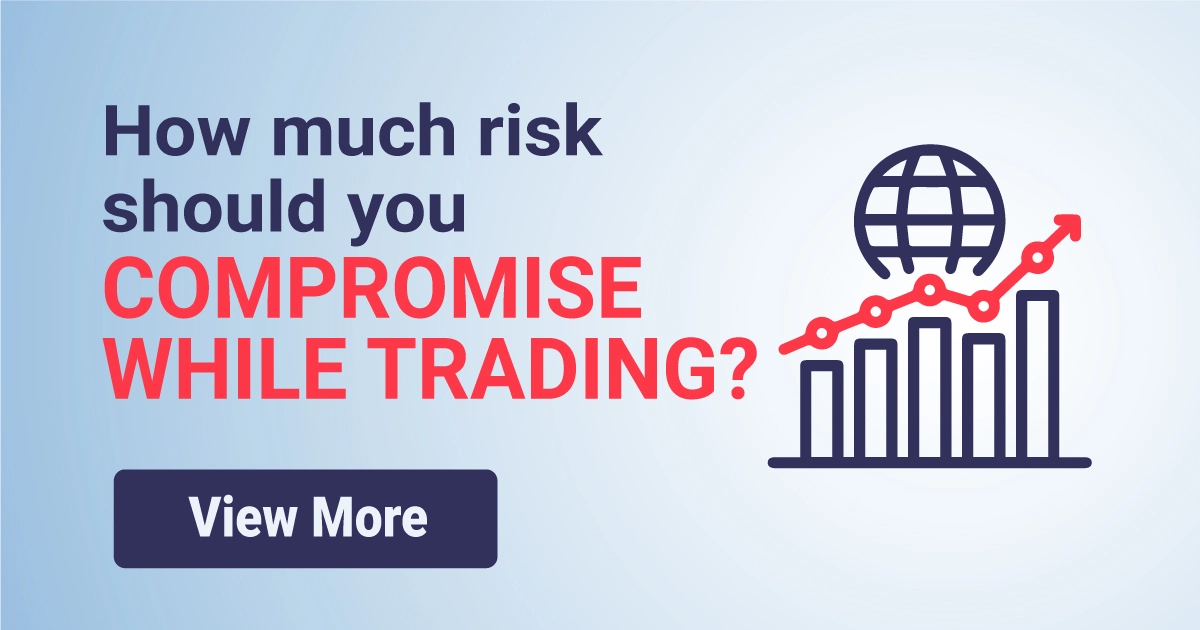How much risk should you compromise while trading?
You might be asking how much risk you should take on each trade. It is a lot less difficult than you would believe. I advocate establishing a dollar amount that you are comfortable losing on any one transaction, maintaining it at least until your account has doubled or tripled, and then increasing it if necessary.
This amount should be enough to meet the following requirements:
If you risk this amount of money, you can sleep well at night without worrying about your investments. Traders shouldn't be worry about checking them from frequently using many devices.
When it comes to putting your money on the line, you don't have to be glued to your computer screens. When you risk this much money, you should be able to "forget" about it for a day or two. If you must, don't be surprised by the conclusion when you check up on your trade again.
You should be able to comfortably handle 10 losses in a row without being severely impacted emotionally or financially when risking this much.
You also want to make sure that you have enough money saved up so that you don't feel too much pain if you lose money.
Fixed $ Risk vs. % Risk
What is the best way to measure how well a trader is doing?
Most of the experts are arguing with the fixed dollar risk model and everyone is against the 2% success rule.
I think that the 2% rule actually slows account growth after traders hit a series of losers. This strategy will break your confidence and you won't be able to get back your account in the previous condition.
While a trader using %R risk trading model, you should trade fewer lots as possible. This can help limit your losses, but it also makes it harder to make money again. For example, if you lose half of your $10,000 account, you are down to $5,000. To get back to $10.
This is why I think the 2% model is bad. A trader using this model will slowly lose money because their position size gets smaller after each loss. This makes them less confident, and they begin to trade more often because they believe "because my position size is reducing on every trade, it's OK if I trade more frequently."



















Muchas gracias. ?Como puedo iniciar sesion?